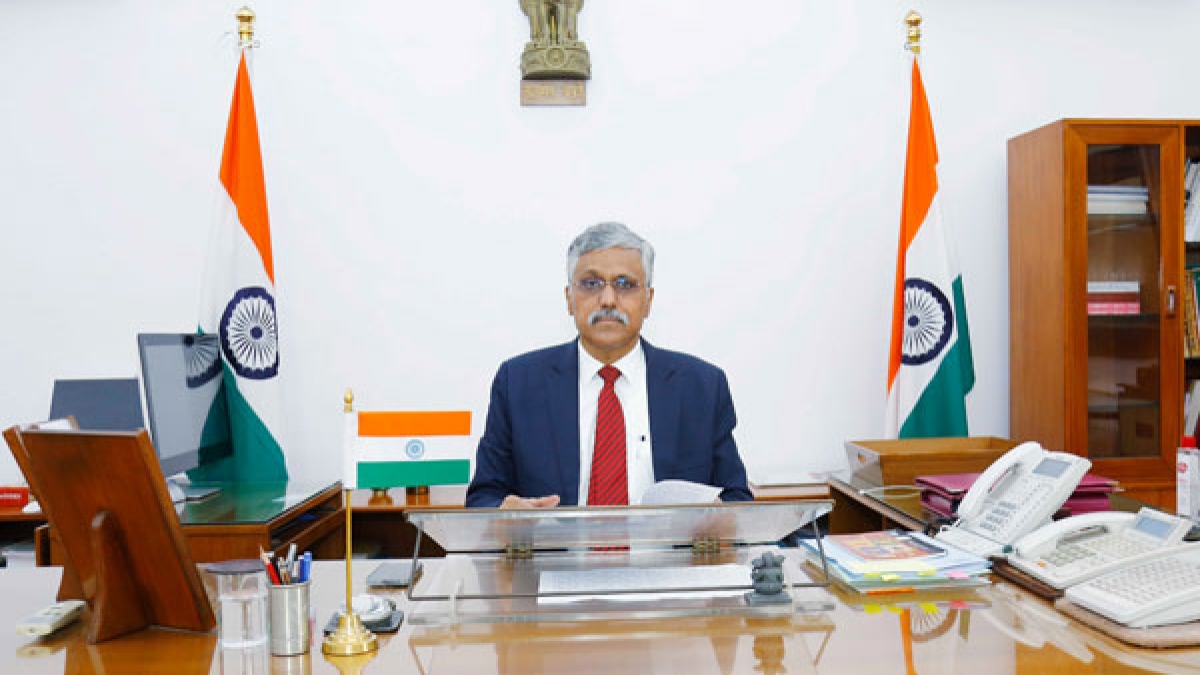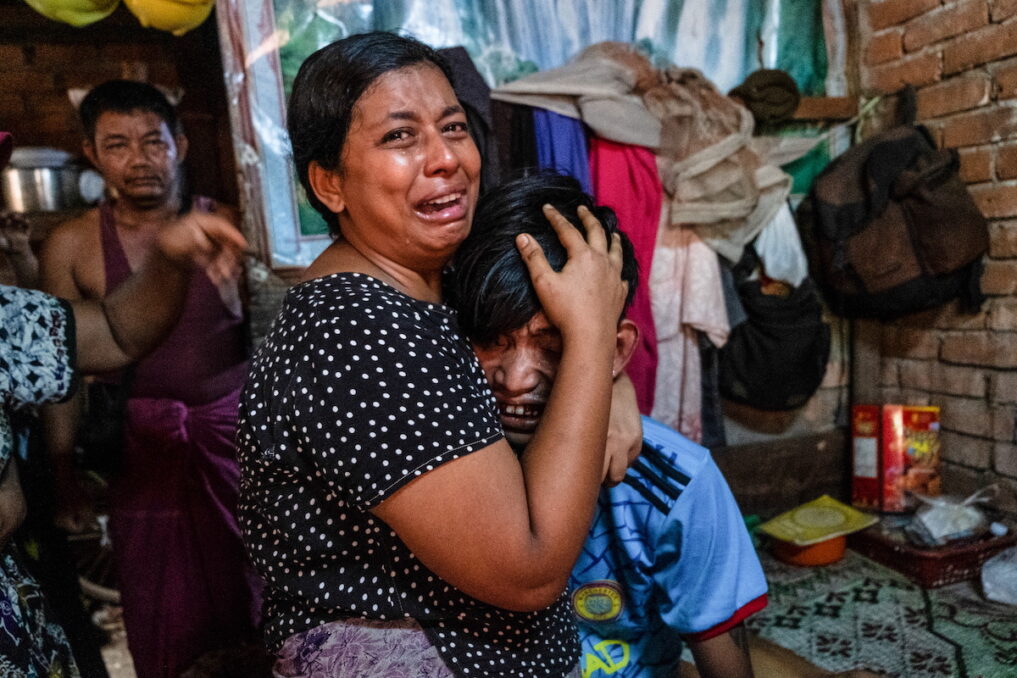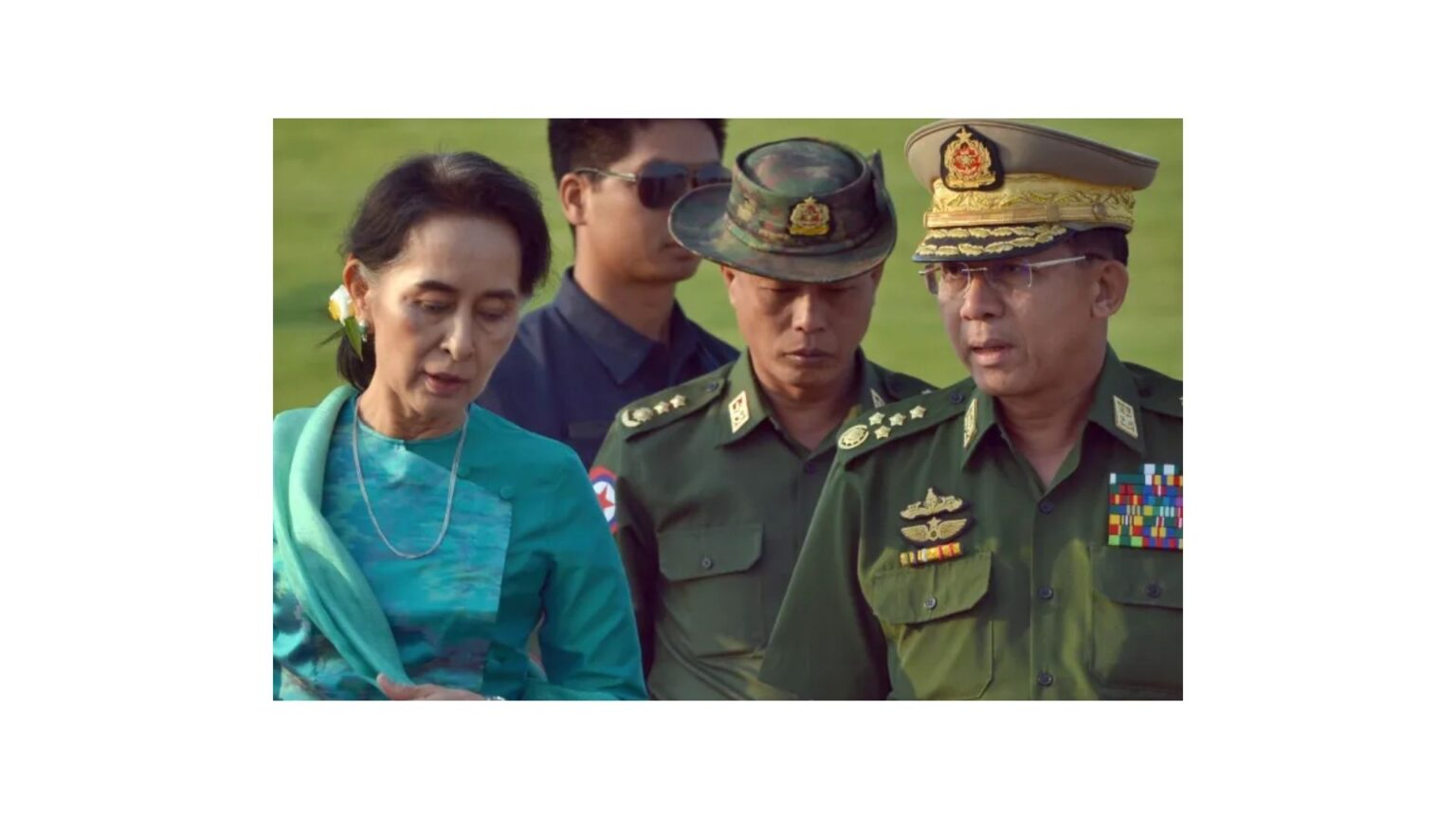Myanmar’s ousted leader, Aung San Suu Kyi, is scheduled to have her appeals heard by the Supreme Court this month. Suu Kyi was convicted on various charges following the military coup in February 2021. The cases against her are widely regarded as attempts by the military to discredit and sideline her politically. The Supreme Court hearings will determine the fate of Suu Kyi, who has been held incommunicado since her arrest.
Challenging Unjust Convictions
Suu Kyi’s legal team is set to present her appeals to the Supreme Court on July 5. Two cases involve her convictions for election fraud and breaching the country’s official secrets act, resulting in a total sentence of six years. The court will also hear appeals on July 12 against Suu Kyi’s conviction on five corruption charges, which led to a seven-year prison term. The legal officials familiar with the cases anticipate a hearing on July 18 to consider reducing her sentences for sedition, illegal possession of walkie-talkies, and violating coronavirus restrictions.
Barriers and Hurdles
Suu Kyi’s legal team has faced numerous obstacles throughout the appeals process. They have been denied access to their client and barred from discussing her cases with the press since late 2021. Despite prison regulations allowing newly convicted prisoners to communicate with others to arrange appeals, Suu Kyi’s requests for meetings have been repeatedly denied by prison authorities. The lack of communication raises concerns about the fairness of the legal proceedings and adherence to due process.
The Turmoil Since the Coup
Myanmar has been in a state of turmoil since the military’s seizure of power in February 2021. The coup triggered nationwide protests, which the military brutally suppressed, leading to widespread armed resistance. The military’s crackdown on dissent has resulted in the arrest of thousands of political detainees, including Suu Kyi. The Assistance Association for Political Prisoners reports that as of Friday, there were at least 19,295 political detainees in Myanmar. The country is grappling with a deepening crisis, with the military government facing resistance from ethnic minority militias.
International Response and Calls for Action
The international community has been closely monitoring the situation in Myanmar and has expressed concern over the military coup and subsequent human rights abuses.In her remarks to the General Assembly on 16 March 2024, Ms. Noeleen Heyzer, the Special Envoy of the Secretary-General on Myanmar, highlighted the devastating impact of the military takeover in Myanmar.
Ms. Heyzer expressed concern about the escalating violence, human rights violations, and displacement of civilians. She called for a Myanmar-led process, inclusive of all stakeholders, to achieve a peaceful and democratic resolution. Ms. Heyzer also highlighted the role of women and youth in bringing about positive change and emphasized the solidarity that has emerged among the people of Myanmar.
Ethnic Armed Group Accused of Attacking Chinese Military Convoy
In another development, the Myanmar junta accused the Kachin Independence Army (KIA), an armed ethnic group, of attacking a vehicle convoy carrying Chinese military representatives. The incident occurred during a meeting on border security in northern Kachin state. The junta claims that the KIA opened fire on the convoy, but the rebel group denies responsibility. The escalating conflict between the junta and ethnic armed groups further complicates the already volatile situation in Myanmar.
Indian Def Sec Talks with Myanmar’s Military Leaders
India’s Defence Secretary, Giridhar Aramane, conducted a two-day visit to Myanmar with an agenda of discussions with top military leaders of the country. The primary focus of the talks was to address concerns regarding illegal cross-border movements of people and the maintenance of tranquility along the frontier between the two nations. Aramane’s visit took place against the backdrop of widespread protests in Myanmar calling for the restoration of democracy, following the military coup in February 2021.

During his visit to Myanmar’s capital, Nay Pyi Taw, the defence secretary met with key figures, including Chairman of the State Administrative Council, Senior General Min Aung Hlaing, and Defence Minister Gen (Retd.) Mya Tun Oo. Aramane also held discussions with Admiral Moe Aung, Commander-in-Chief of Myanmar Navy, and Lt Gen Khan Myint Than, Chief of Defence Industries. This meeting holds immense importance as the Indian state of Manipur bordering has seen a rise of militancy increasing concerns of transborder patterns of operations for coercive tactics by militant groups.
US & ASEAN’s Insistence on the Five Point Consensus
Last week, a US State Department spokesperson stated in an email to VOA that the United States urged Myanmar to adhere to the Five-Point Consensus, highlighting that the military regime in Burma had engaged in widespread and appalling violence against the people of Burma since the military coup in February 2021, as noted by the secretary. Earlier last month, the Treasury Department declared its decision to apply sanctions on Myanmar’s Defense Ministry, as well as two state-owned banks, namely the Myanma Foreign Trade Bank and the Myanma Investment and Commercial Bank.
Concerns on ASEAN’s Centrality
In January of last year, UN High Commissioner for Human Rights Michelle Bachelet has already condemned the Consensus noting “the actions taken by the UN Security Council and by the Association of Southeast Asian Nations (ASEAN) have been insufficient to convince Myanmar’s military to cease its violence.”
Among international pressure, ASEAN has been making attempts to defuse the situation. ASEAN has tried to implement a five-point consensus it reached on Myanmar last year calling for dialogue among all concerned parties, immediate cessation of violence along with a visit by a special envoy to meet all parties. Prak Sokhoon, the Cambodian Foreign Minister (current ASEAN Chair) will be visiting Myanmar as a part of the special envoy.
However, a spokesperson for the military government said on Tuesday that Prak Sokhoon will not be allowed to meet ousted government leader Aung San Suu Kyi during his five-day visit. This further deteriorates the centrality of ASEAN in the Indo-Pacific region, as pointed out by analysts.
In a parallel development, Thai government has been criticised for attempts to undermine ASEAN’s position by dealing “business as usual” with the Junta administration. This sidestepping for personal interest by the Thai military leader who also ceased power via a military coup has been perceived as an alleged move to gain international legitimacy. This has caused notable strife in ASEAN’s international reputational posterity amid domestic political interests.

As the mentioned developments escalate and place increasing pressure on the Junta administration, the appeals made can be interpreted as a glimmer of hope for the ousted leader. Nevertheless, due to the numerous obstacles and challenges, the prospect of realizing this hope appears highly improbable, even if the intention is to convey the existence of the rule of law in Myanmar to the international community.













